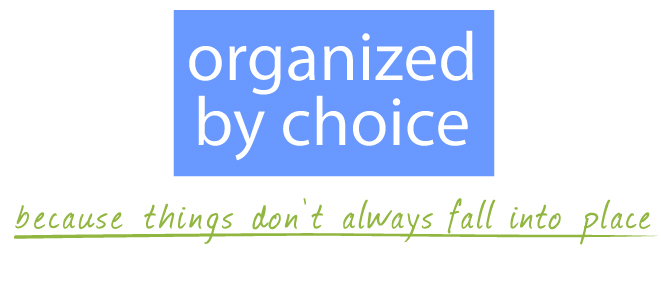If I waited until I felt like it to clean the toilets, put my business data into QuickBooks, and wash sheets—it wouldn't happen. I need structure.
I like this definition: construct or arrange according to a plan; give a pattern or organization to.
Most of us find structure much easier when it’s compulsory. “I get everything done at work, why is it so hard at home?” Sound familiar? When deadlines and schedules are enforced by outward sources, we’re often more responsible with our to-dos.
One of my self-imposed to-dos is to make a Christmas photo book before the next Christmas arrives. When there's a whole year to get something done, it’s easy to put it off. Last year, I failed to do it until the last minute—making the project more stressful than it needed to be.
You might have a half dozen to-dos floating around in your head needing immediate attention, and another half dozen waiting on the back burner. Without structure, things fall through the cracks and become overwhelming.
Grab your 2024 calendar and walk through these TIMELY TIPS for a productive new year.
1. Create a pattern for repeated tasks/activities.
Choose a time of the day, day of the week, or day of the month depending on the task or activity. Record it on your calendar like an appointment. This is important for things like bill-paying, household chores, exercising, and even family times.
2. Create appointments for projects and to-dos.
Need to follow-up on a disputed bill, return library books, pay 2022’s taxes? Want to organize your closet, close out your storage unit, visit Yosemite? We are much more likely to accomplish these things when we put them on the calendar for a specific date and time.
3. Identify the benefits.
Closing out your storage unit is money in your pocket. Visiting Yosemite creates a memory to treasure. I love seeing the family enjoy our Christmas photo books. Identifying benefits incentivizes us to push through the temptation to procrastinate.
4. Identify the consequences.
Consequences increase exponentially. The longer something hangs over your head, the more stress is attached to it. Financial penalties accruewhen bills or taxes are ignored. Our physical fitness quickly works in reverse when we stop being active. The paper pile takes more time to sort the longer it builds. Last year the Yosemite falls were much less spectacular because we failed to schedule a trip for earlier in the season. If the benefits don’t get you going, consider the consequences of not following through.
5. Create a contingency plan.
This year I’ve schedule some dates to work on my Christmas photo book early in the year. I’ve also written it down to do in July—just in case. Life often doesn’t pan out as planned. If we’re prepared for failure, we’re more likely to have ultimate success.
6. Use a calendar that works for you.
If digital works for you--use it! I prefer paper and use a Blue Sky 5"x8" week-at-a-glance calendar. Each day has space to write in time sensitive appointments and to-dos I've scheduled for that day. It's small enough to carry with me and includes a pocket page perfect for receipts, coupons, checks, etc. I use a small binder clip to fasten past pages together so it always opens to the current week. Check it out at Blue Sky (also available at office supply stores).
wise words
Much of the stress that people feel doesn't come from having too much to do. It comes from not finishing what they've started. ―David Allen


